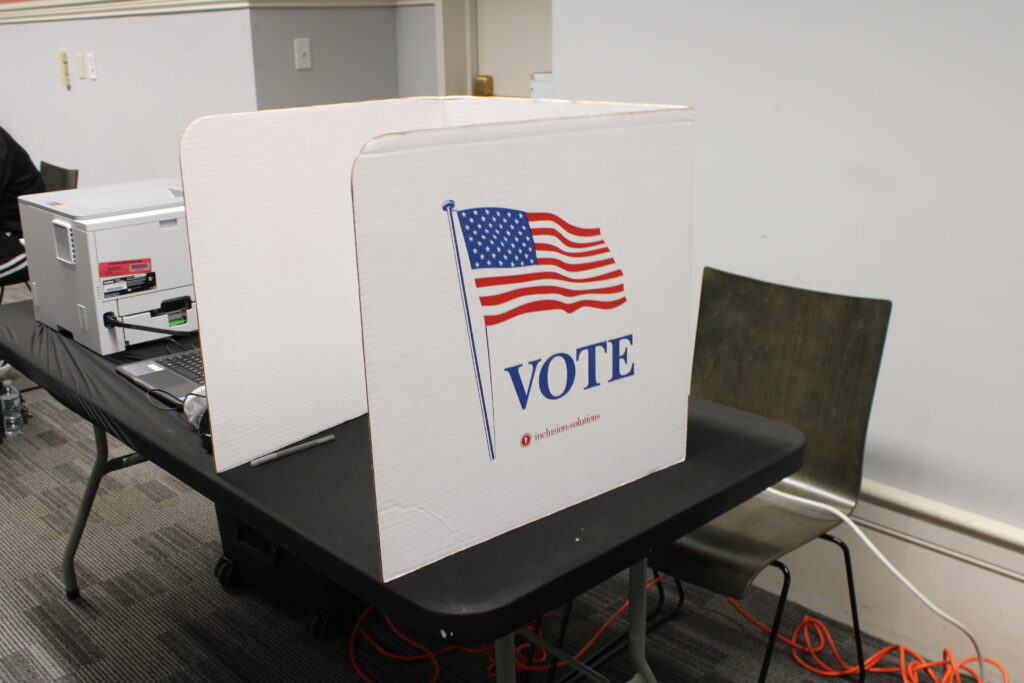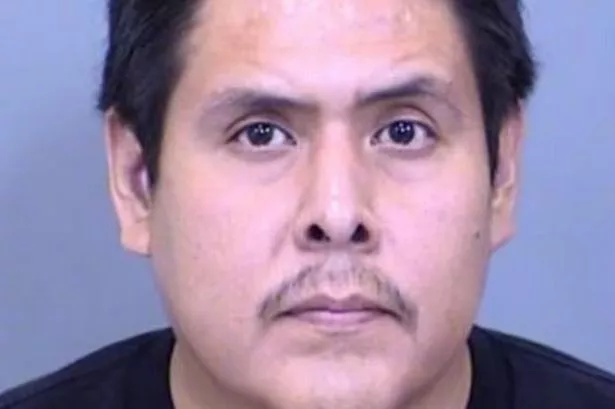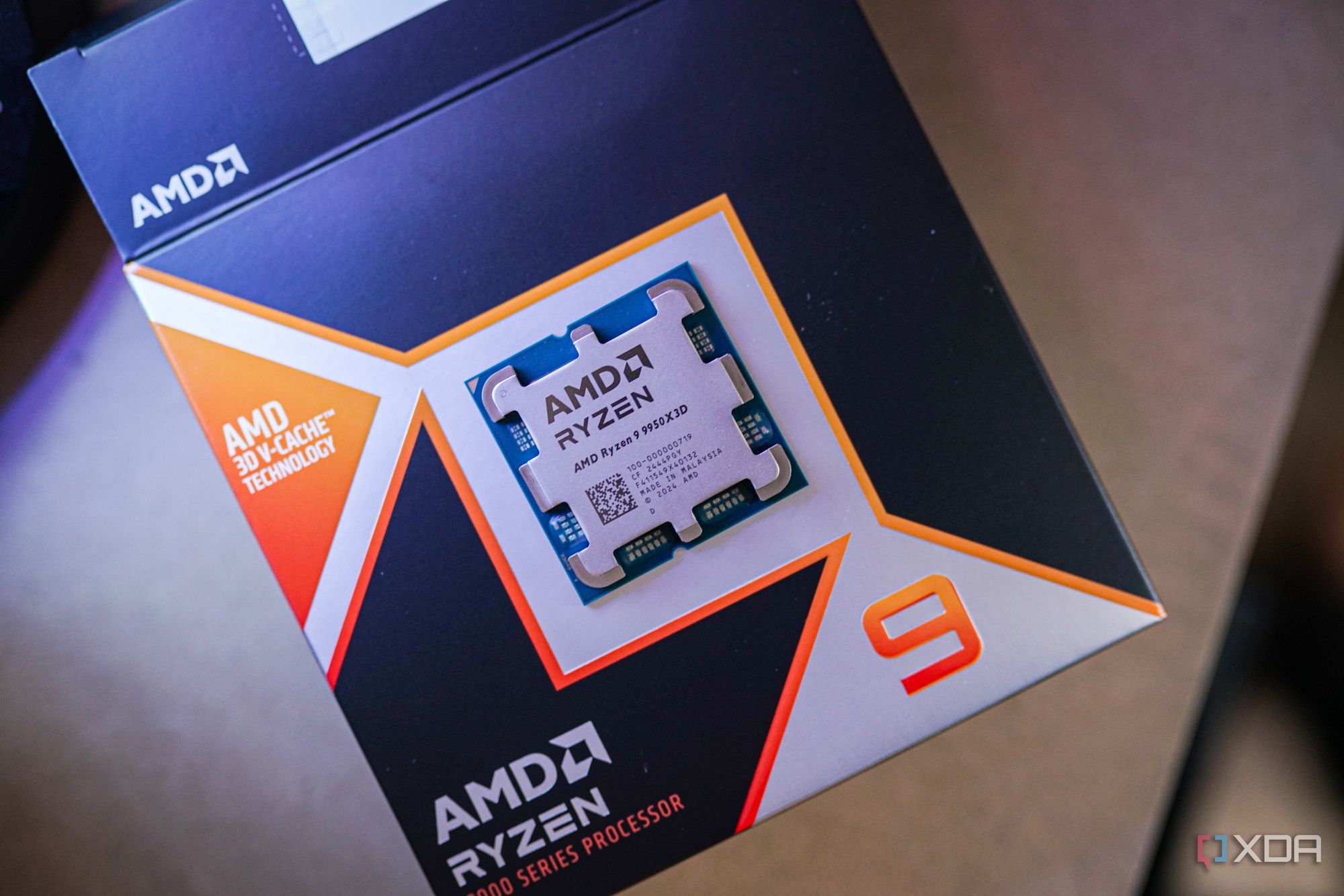UPDATE: New Haven’s municipal elections are underway, but voter enthusiasm is alarmingly low as only 928 residents have cast early ballots as of Thursday afternoon. Incumbent mayor Justin Elicker is running against Republican challenger Steve Orosco in a race that analysts predict will yield little excitement.
Political experts express concern over the lack of competition in the city, where only seven out of 30 alder seats are contested. “It’s pretty low-key,” noted political scientist Douglas Rae, highlighting the predictability of New Haven’s electoral landscape. As the city gears up for its first municipal election allowing early voting, the lack of fierce contests could dampen turnout, which has historically mirrored the mayoral race’s intensity.
In the previous election cycles, voter turnout has fluctuated, with 30 percent of eligible voters participating in 2019 when Elicker first took office, dropping to 23 percent in 2021, and slightly increasing to 24.5 percent in 2023. Today, there are 61,764 active voters, marking a 17 percent increase since the last municipal election, yet the lack of competitive races may discourage participation.
Patricia Rossi, president of the New Haven League of Women Voters, emphasized the critical importance of municipal elections. “Who the mayor is, who your alder is, affects whether there’s going to be a park, whether there’s going to be a bus that stops in front of your door,” she stated. Despite the direct impact of local governance on daily life, many residents remain apathetic, believing their votes carry little weight in a predictable political environment.
The current political climate reflects a broader trend across Connecticut, where lower turnout has been recorded in cities like Bridgeport and Hartford, with less than 20 percent of registered voters participating. In contrast, suburban areas like New Canaan have seen turnout rates exceeding 50 percent. Rossi attributes this gap to accessibility issues in larger cities, where polling locations are often less convenient.
Local leaders, including Rae and Radcliffe, lament the decline in civic engagement since the vibrant political culture of the 1960s and 1970s. “New Haven’s last Republican mayor left office in 1953,” Rae pointed out, underscoring the city’s one-party dominance that has stifled competitive elections for decades.
While the election may lack drama, pressing issues like housing, gentrification, and local development simmer just beneath the surface. Rae highlighted ongoing debates about zoning regulations that could shape the future of New Haven’s downtown district.
As Elicker campaigns on his commitment to opposing President Donald Trump‘s values and policies, the backdrop of national politics looms large, despite Trump not being on the ballot. Radcliffe noted, “His presence weighs in heavily,” indicating that local elections are intricately tied to national sentiments.
As New Haven approaches the election date, the question remains: will voters engage with the issues that matter to them? Without a shift in energy or urgency, many worry that critical local decisions will continue to go unaddressed.
Stay informed about the latest developments in New Haven’s elections by signing up for our newsletter!







